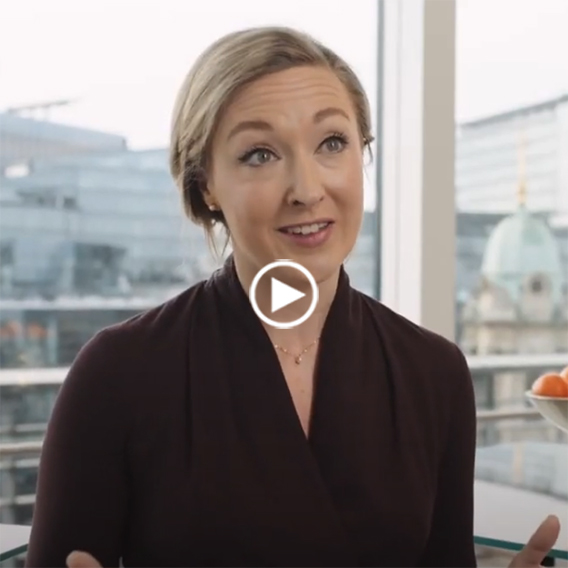Our pro bono clients were wrongfully imprisoned for 31 years. We got them vindicated – and compensated - with the largest wrongful conviction verdict in U.S. history.
Introduction
Henry McCollum and Leon Brown were teenagers when sentenced to death for the 1983 rape and murder of 11-year-old Sabrina Buie—a crime they didn’t commit. Convicted based on false confessions obtained through coercion, the black, intellectually disabled half-brothers spent 31 years in prison before DNA evidence proved their innocence. They were exonerated in 2014 and granted pardons of innocence in 2015.
But what mattered most for McCollum and Brown was for this egregious injustice to be revealed and believed. “They couldn’t keep it hidden, what they had done to us,” said Brown. “It was going to come out, eventually.”
Solution
We represented McCollum and Brown in a pro bono civil rights case, Gilliam and Tarlton v. Robeson County et al. We ultimately had to prove that the brothers deserved compensation for their decades-long wrongful imprisonment. So one crucial strategy was preparing the brothers to testify. “It was like an inspiration to me…being able to let the jury know exactly what happened,” said Brown.
Another crucial element of the trial was presenting the testimony of Sharon Stellato, the Associate Director of the North Carolina Innocence Commission, who had previously investigated the brothers’ case and helped prove their innocence.
Demonstrating how close Buie’s body was to the actual killer’s backyard—just 36 feet, 9 inches—was also important. Des Hogan, our team lead, traveled to the crime scene in rural North Carolina to see for himself. Then at trial, Des showed the jurors: He stretched a tape measure the same distance across the courtroom. Sabrina Buie was found 14 steps from the yard of a known serial rapist and murderer, whom the police had never investigated.
When the judge read the verdict, the courtroom was stunned. McCollum and Brown were awarded the largest wrongful conviction verdict in U.S. history: $75 million total. But for the brothers, it wasn’t about the money. It was about the joy they felt because the jury heard their stories and believed them.

 検索
検索


 検索
検索




